Photo by Cortney White on Unsplash
Lack of food does not create a low blood sugar level (hypoglycemia);
Excess insulin does.
If you're experiencing low — or high — blood sugar levels when not eating, that means the timing and/or dosage of your basal (long-acting) insulin is off and needs adjustment.
With modern basal insulins (Tresiba, Lantus & Levemir) and the recommended splitting of doses, (and the use of insulin pumps), we should all experience a flat blood sugar level all day and night without eating.
If you cannot miss a meal time without experiencing wild blood sugar fluctuations, you need to do basal testing.
The basics of basal testing are:
(Detailed information is available in the resources below)
Skip a meal. Test your blood sugar level frequently and document your blood sugar results.
If your blood sugar rises without eating, you need more basal insulin or perhaps to adjust the timing of your dose.
If your blood sugar level drops, you need less basal insulin during that time.
*The only exception to this is the early AM hours when many of us experience the dawn phenomenon, causing the rise of blood sugar levels upon waking.
Determining your proper basal insulin dose will make it much easier to determine your bolus insulin (fast-acting insulin) dosages when you know that your basal insulin rate & timing is accurate.
Remove one variable to focus on the others!
BASAL TESTING RESOURCES:
For more information about fine-tuning of insulin dosages to work with his low carb eating plan, read Dr. Bernstein's Diabetes Solution book (2011), Chapters 18, 19 and 20 (p. 292-361)
Plus many other great tips in Dr. Bernstein's Diabetes University video here: https://youtu.be/6lrbxITXAVA **Just one note regarding this video: DO NOT put a Frio gel pack in the refrigerator with insulin inside. Your insulin will freeze and be unusable. I've learned from experience.
For more specific information about basal testing and how to do it safely and effectively, we're offering free downloads for a limited time. Click on the links or buttons below to download details on Basal Testing for Insulin Pumps and Basal Testing for Insulin Injections.







Observations of a decade of low carb for T1D management. Has it been worth it? What are the regrets? And what has changed in that time.